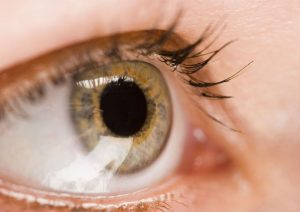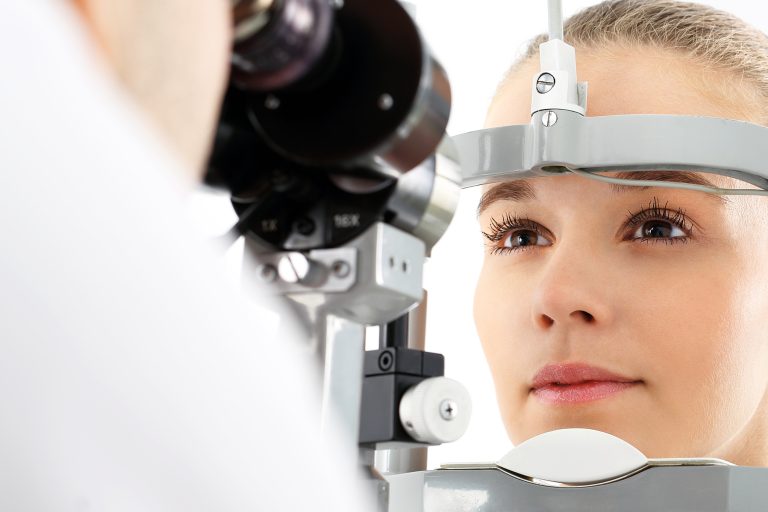Blepharoplasty, one popular form of eyelid surgery in Wichita KS, is intended to repair drooping eyelids both above and below the eye. As people age, the muscles that support their eyelids weaken, and excess fat sometimes gathers both above and below them. By removing excess fat and skin, this technique can restore impaired peripheral vision, and make a patient’s eyes appear much younger.
This type of surgery can be performed using either local anesthesia, or general anesthesia, depending on the patient’s preference. If local anesthesia is used, it can typically be performed as an office-based out-patient procedure. Complications due to Eyelid Surgery in Wichita KS are rare but sometimes include hematoma and infection. Reactions to anesthesia are also not unheard of.
It’s important that patients minimize their risk for these complications by following carefully any advice or instruction given by the surgeon performing the operation, both before and after the surgery. Preparatory instructions often involve setting out guidelines for eating, drinking, and smoking prior to the surgery and giving the patient a list of medications and vitamins that should be avoided.
It’s important to arrange transportation to and from the surgical visit, as patients will have some difficulty seeing, and often require some form of pain medication. In-patient recovery typically only lasts a few hours, but patients are sometimes required to stay for additional monitoring overnight. Swelling and bruising in the area are to be expected, and can be best dealt with by applying cold packs to the eyelids and keeping the head elevated. These symptoms should decease within a few days but may take as much as a month to resolve entirely.
Many patients report a feeling of soreness or tightness around the eyes for the first week post-surgery. Some also report dryness or itchiness, and sensitivity to light. The ointment typically prescribed to keep patients’ eyelids well-lubricated after surgery can further aggravate some of these problems, and can also cause blurred vision for up to a week. Impaired vision should not persist after the stitches are removed, or are dissolved. It’s reasonable to anticipate a return to normal activities within several weeks. Visit Business name to learn more.







